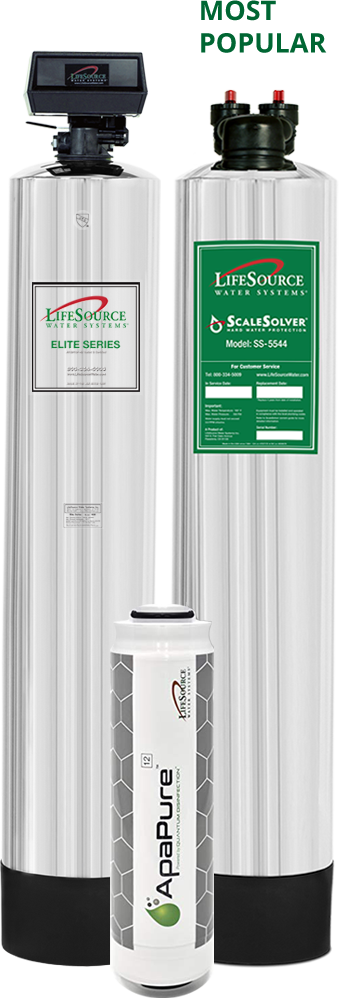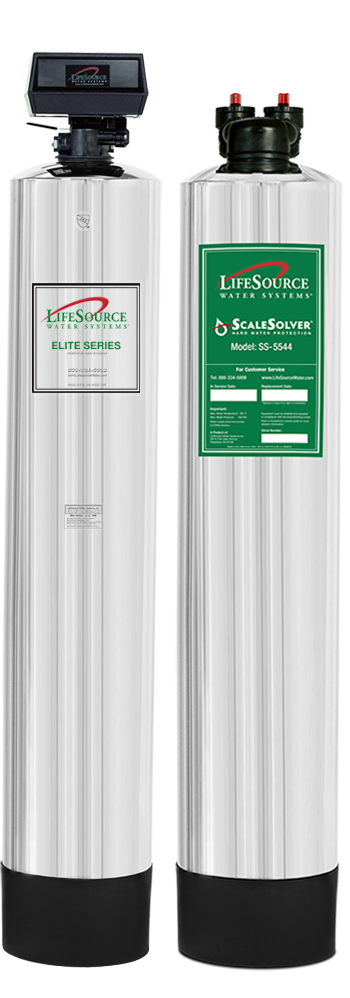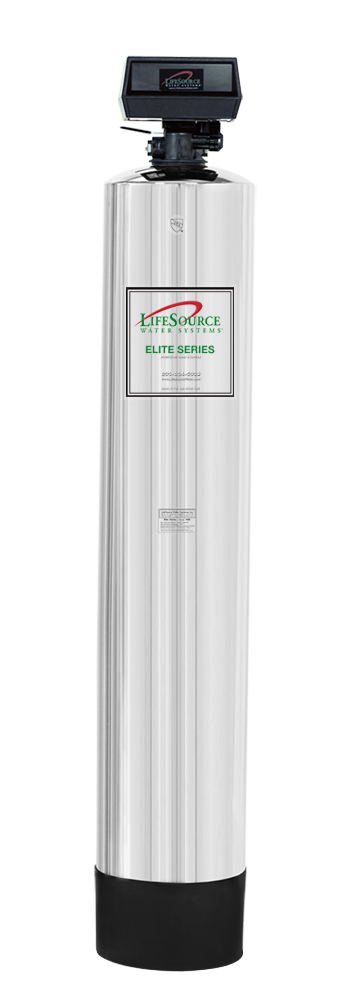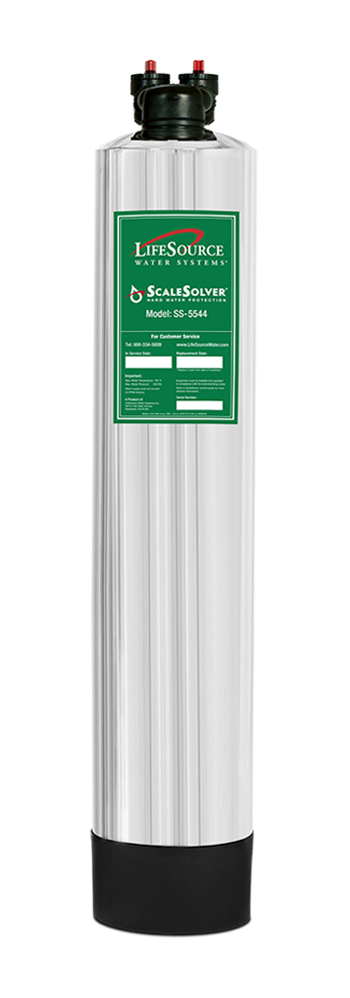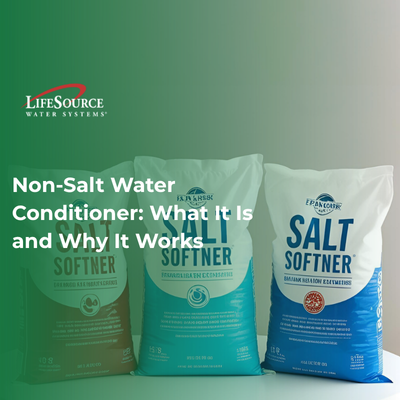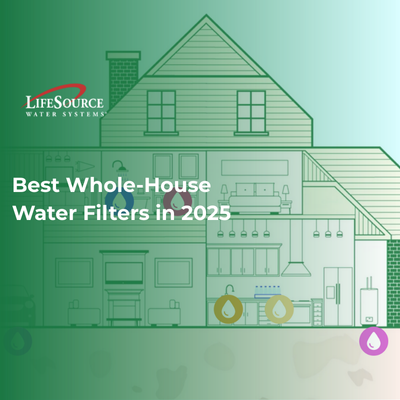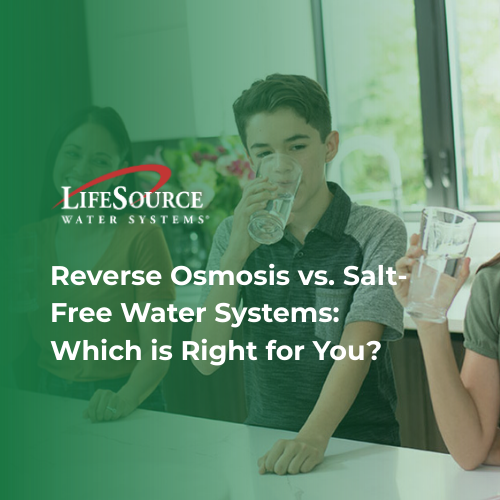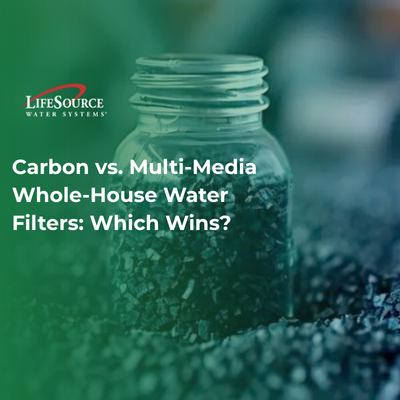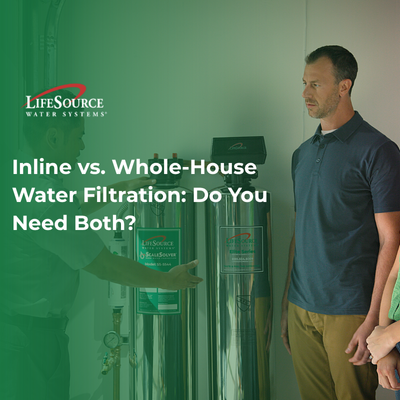
Let’s Talk Water
What are the different types of water?
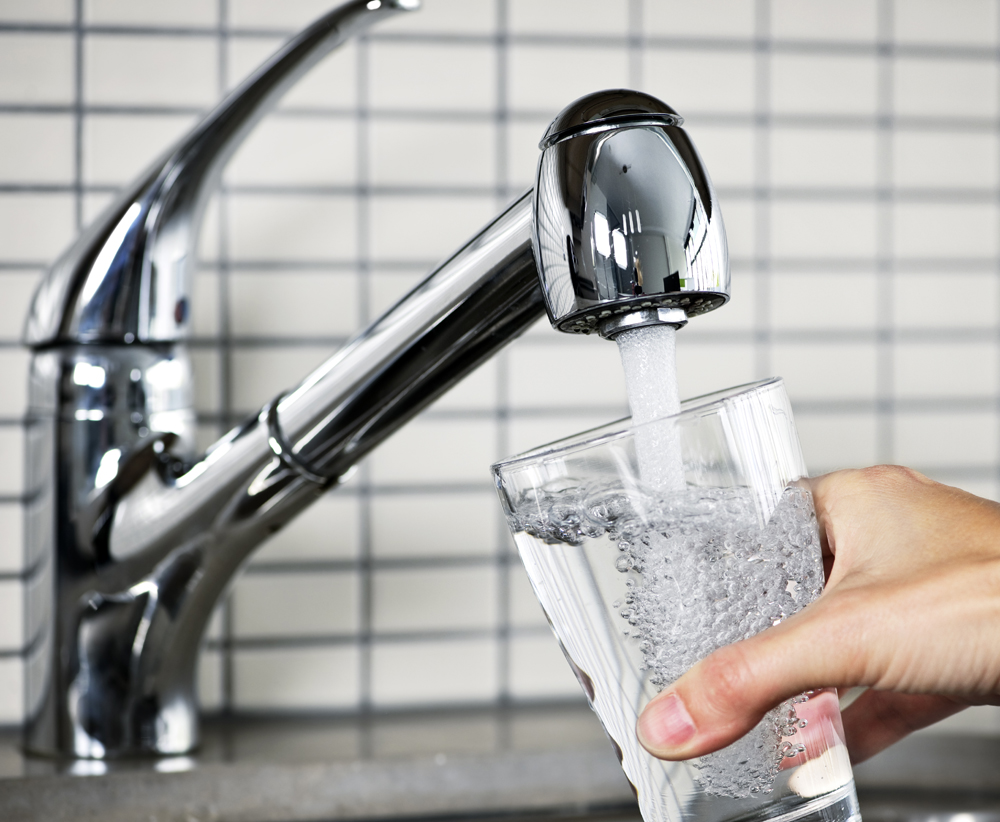
Most of us have running water through our taps. While the water goes through rigorous treatments to make it safe to drink and bathe in, there are advantages and disadvantages to tap water. You can use the convenience of tap water to drink, cook with, bathe, and wash clothes with. Tap water is treated to get rid of harmful bacteria, but the treatment can cause negative side effects.
Tap water is treated with chlorine and chloramine, which can be harmful to our skin and our health. Water advisories are also very frequent with tap water. This means that at times, there are harmful chemicals or bacteria that are in the water and this affects large populations of people or communities.
Many people also complain about the taste of tap water, or how the water is hard on skin and clothes.
An important element of water to understand is hard water. So what exactly is hard water? Hard water is classified as any untreated water coming from lakes, rivers, wells, or other bodies of water. Hard water contains high levels of elements such as calcium and magnesium.
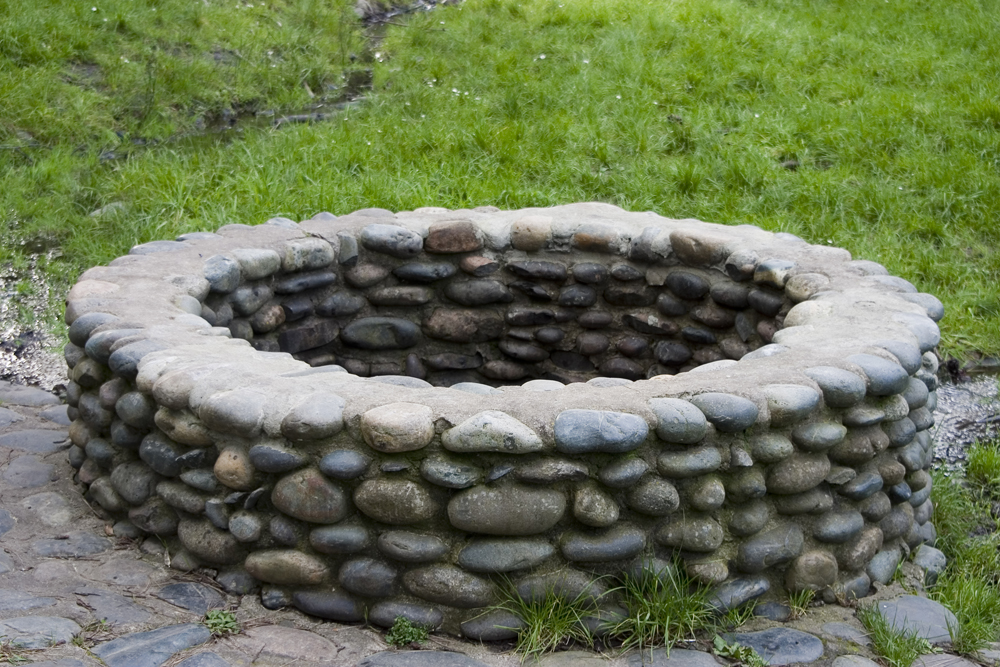
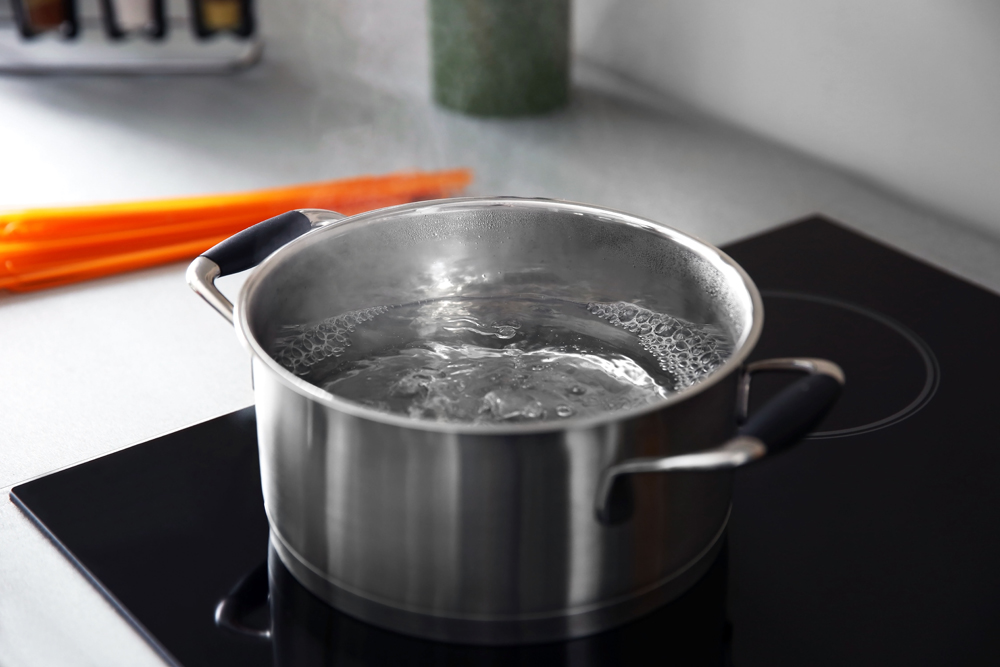
You may have heard of a boil-water advisory or alert. This usually occurs when a government or health authorities detect problems with water that flows through the tap. So what exactly does boiling do to the water?
When boiling your water for one minute at a rolling boil, we are able to remove some pathogens and bacteria. It is important to note that boiling water concentrates inorganic minerals. It also does not remove chemical toxins or impurities. Boiling water should be a last ditch effort for when there are no other clean water options available.
Lately alkaline water has received a rise in popularity. Alkaline water is less acidic than tap water. It has calcium, silica, potassium, magnesium, and bicarbonate. The pH of balance of regular water is about a 7. The pH balance of alkaline water is above a 7, so it is supposed to be better at alkalizing your body.
While there are many alkaline water system distributors that claim health benefits to consuming alkaline water, there is only anecdotal evidence to prove these claims are true. There is no actual, verified evidence. Most health professionals recommend you simply stay hydrated with the recommended 8 glasses a day of water. In fact, tap water is naturally alkaline.
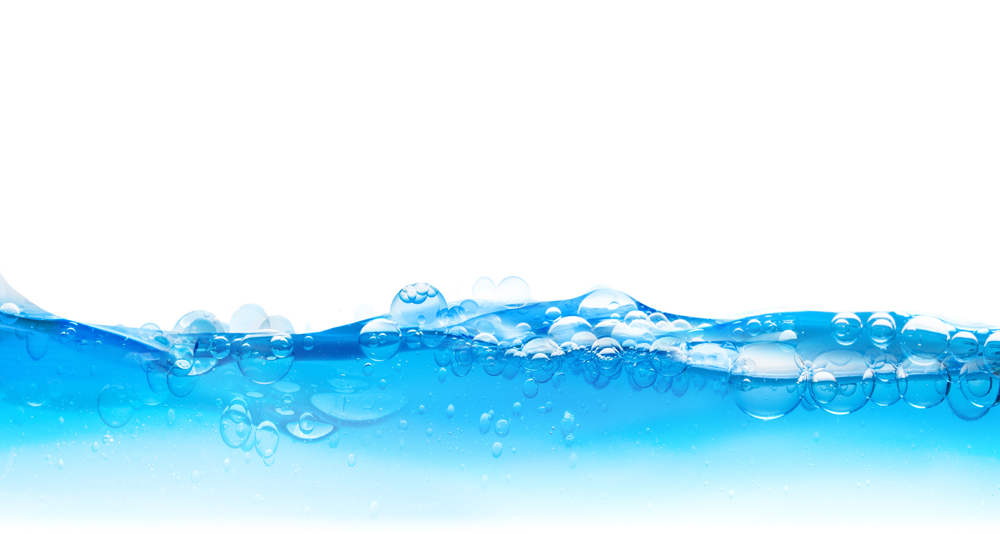
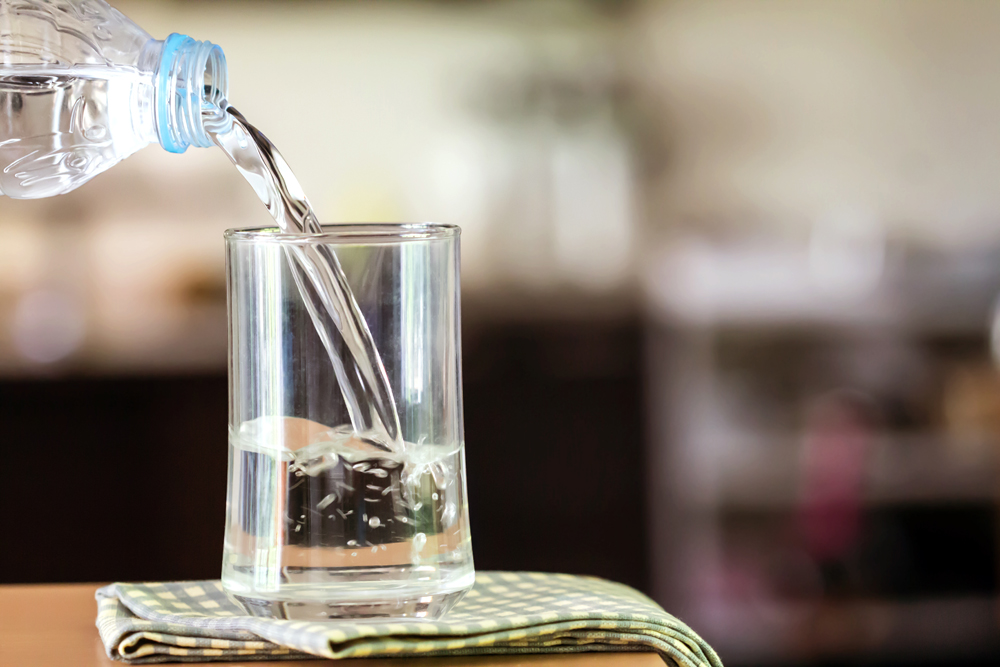
Purified water is water that has been purified to remove chemicals, contaminants and minerals. Types of purification include distillation, deionization, and reverse osmosis. The harmful chemicals are removed. However, the disadvantages are that beneficial minerals have been taken out as well, such as calcium and magnesium. Purified water is deionized, and is acidic. It’s not good for people, plants and animals to consume.
A carbon filter system, such as a LifeSource Water System, remove all chemicals such as chlorine and chloramine, and can also reduce fluoride. It is also salt free, and filters water for your entire home. A carbon filter system maintains the useful nutrients in water such as calcium and magnesium. Water from Carbon Filter Water Systems stays alkaline. The water has a smooth feel to it, and is even said to quench thirst better.
When choosing the right water, choose wisely. With a lot of health claims out there, it’s easy to get swept up in the hype. Do your research to make an educated and informed decision when it comes to consuming water.


